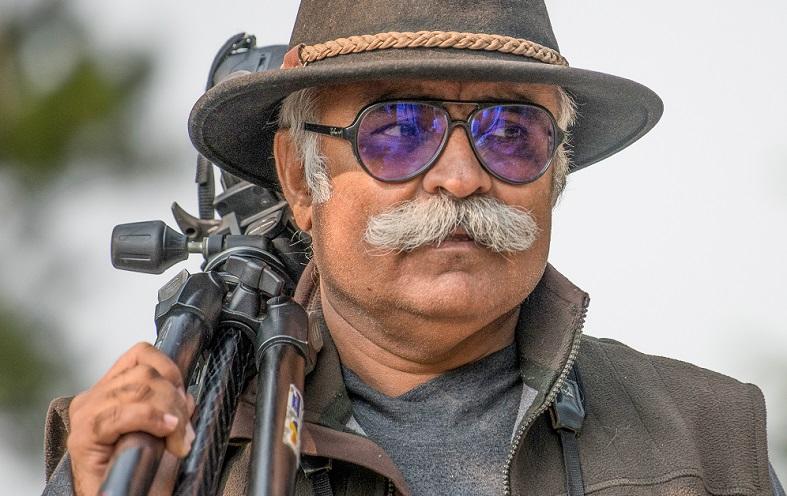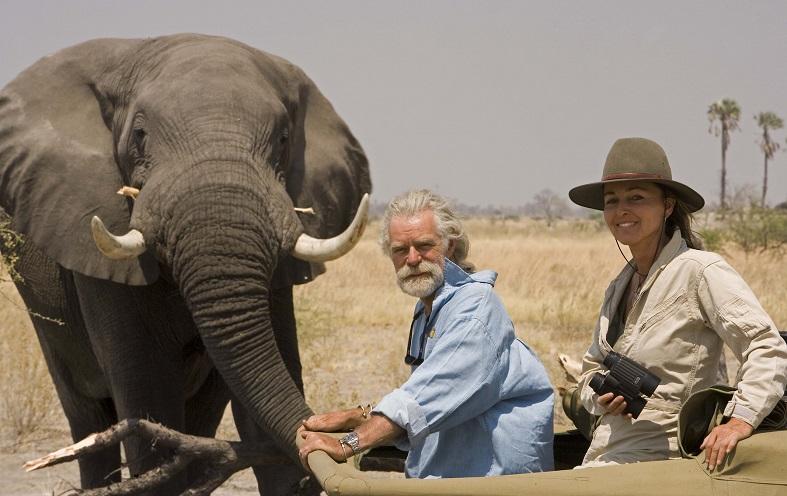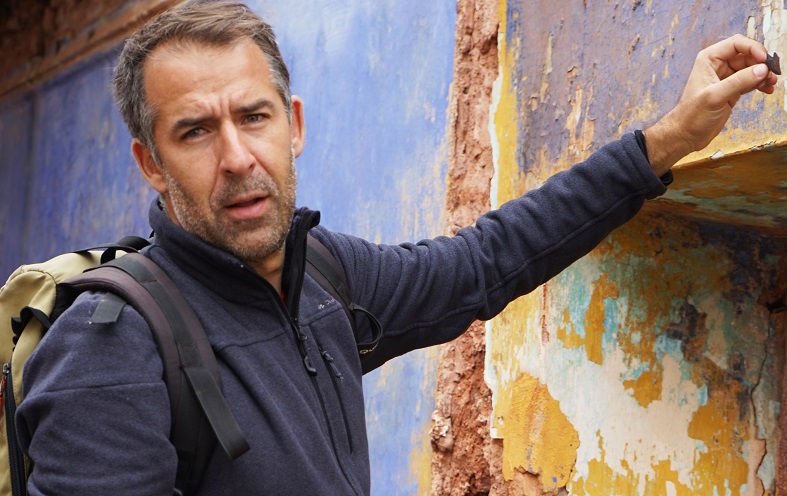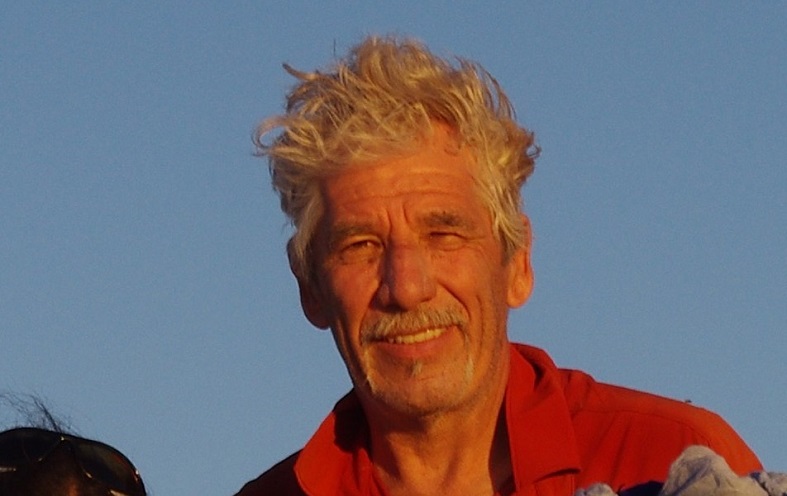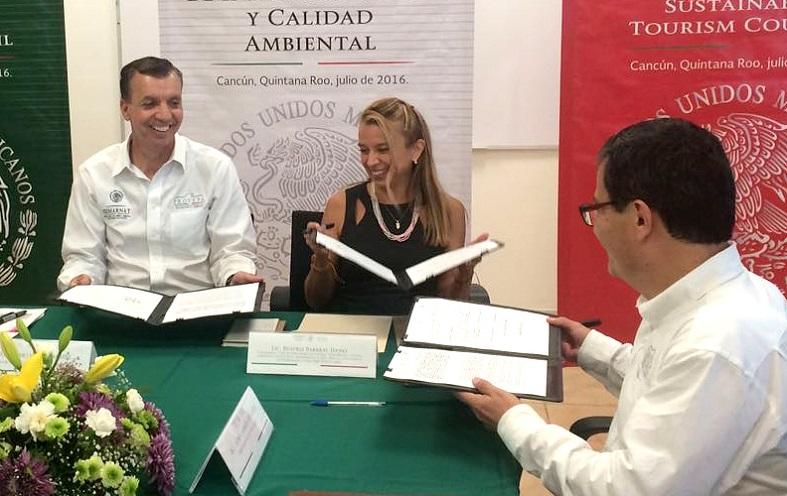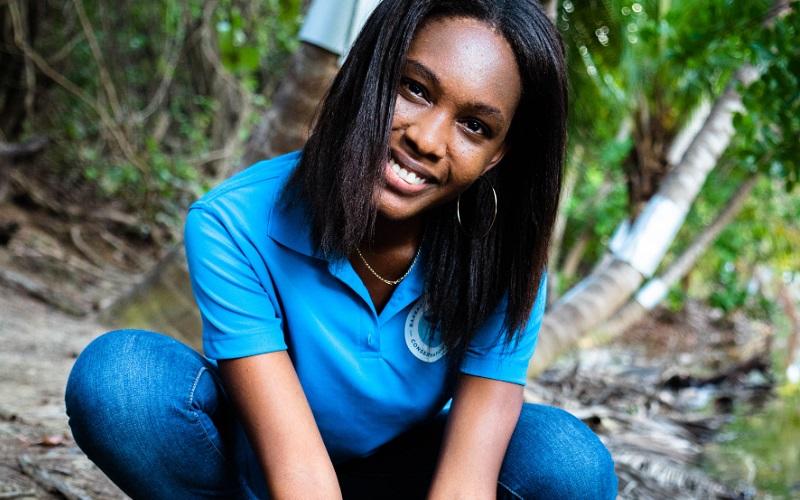
Welcome to our special showcase series on Destination Barbados, where we highlight some of the sustainable tourism changemakers and initiatives of this beautiful island nation in the Caribbean.
In this interview, we speak with Ché Greenidge, a Barbadian environmental conservationist and the Executive Director of the Barbados Environmental Conservation Trust (BECT).
Ché shares her personal journey towards sustainability, the actions BECT is taking to promote sustainability from the grassroots level, and the challenges facing Barbados in terms of sustainability.
She also provides valuable advice for businesses and organizations looking to improve their sustainability practices. Join us in this conversation with Ché Greenidge to learn more about sustainable tourism in Barbados.
Ché, we’d love to learn more about your passion for sustainability. What led you to pursue this field, and how have you integrated sustainable practices into your organization?
Growing up and living on an island has always been a great source of inspiration for me to give back to nature in the many ways it has shaped my life with the fondest childhood memories at the beach every weekend, picking the most delicious local fruits from my grandmother’s orchard, enjoying Bajan foods and culture and so much more.
As I grew older and witnessed the changes to the landscape and natural environment of Barbados, my first response was to pursue environmental conservation and sustainability through volunteerism throughout my teenage/early adult years and now through structured conservation efforts at the Barbados Environmental Conservation Trust (BECT).
For me, sustainability is more than a concept or theory, it’s a culture…a way of life of an entire society making long-term decisions at every level, collectively and individually, that preserve the future of generations.
From inception, BECT made the decision to have remote operations and reduce our carbon footprint. More importantly, we have focused our efforts on promoting sustainability from the grassroots level by supporting and funding the work on the ground through local environmental initiatives in, for example:
- farming and agriculture to bolster food security and nutrition;
- fisheries to protect fish species, enable sustainable fisheries management and support the livelihoods of fisherfolk in Barbados;
- marine conservation and biodiversity through reef regeneration projects and sea turtle conservation programmes;
- and, of course, sustainability through youth environmental and public awareness programmes to equip and educate the wider populace.
We’re curious about how you measure the success of your sustainability initiatives. What kind of metrics do you use, and how do you determine the impact of your projects?
BECT is a very impact-oriented organisation and, thus, projects and initiatives we support are focused on such. For each project, impact measurements are taken based on a number of indicators within social, cultural, economic, and environmental outcomes that are applicable within the scope of work.
These indicators are also cross referenced with the deliverables and objectives of each initiative to determine its overall impact and success.
In your opinion, what are the biggest sustainability challenges that Barbados faces, and what steps can be taken to address them?
Barbados’ marine and coastal ecosystems are heavily utilised for various economic opportunities and activities which are a significant source of income for the country and our people. These activities, exacerbated by the effects of climate change, are taking a toll on the island’s natural resources and environment.
Although there has been promising political will from the Government to address the over-exploitation and destruction of these ecosystems, there still needs to be more commitment and action from stakeholders, including households and individuals, to make the steps to transition to more sustainable practices and operations.
A documented national guide, collaboratively-produced and informed by all stakeholders, that provides a phased implementation approach to transitioning sustainably would aid in a strategic and comprehensive approach to sustainability that invests in people, profit, and planet. This is possible as a small island nation.
It seems like collaboration between businesses and individuals is crucial for creating a sustainable future for Barbados. How can we work together to achieve this goal?
The greatest resource in Barbados is our people, and so creating a more sustainable future for the island begins with investing in our greatest resource. Public awareness and educating the masses play a huge role in creating a more sustainable future. Helping individuals understand the ‘why’ and ‘how’ cannot be understated in making positive attitudinal shifts towards sustainability.
A critical part of our work at BECT involves local participation and engagement to achieve the goal of sustainability for Barbados. We engage local residents, communities and schools who volunteer and learn with us through our environmental projects.
Through BECT’s Community Compost project, for example, communities across the island are receiving new composting facilities and training on how to compost and why this is important. This compost is then sold to local farmers through the project’s microenterprise initiative. People are beginning to see the opportunities that exist within the Blue and Green economies. It’s exciting!
We also encourage visitors on the island to get involved with us and see the role they play in our island’s sustainability.
We have engaged hundreds of visitors who give back during their stay. Some visitors take part in our cleanups, sea turtle conservation efforts, some give a donation, others spread the word about our work – all of which are welcome! It’s about creating a consciousness around sustainability and nature-positive tourism.
More recently BECT has received support from corporate Barbados as signatories to sustainable practices within their business operations and yearly donations and pledges to invest in the environmental legacy of our country through BECT’s projects.
These commitments are increasing across the island and so, the rise of civil society voices and organisations also play a key role in connecting people to the cause and mission for a sustainable future for Barbados.
Do you have any advice for other organizations looking to improve their sustainability practices? What resources have been most helpful to you on your sustainability journey?
The first step towards your sustainability journey is to make the decision that you will make sustainable choices. Once you make that decision then all your plans are made around that – from the type of water used in the office, the way you conduct board/team meetings, waste disposal practices – and new innovative strategies may even emerge!
Decide to have one or two staff members (or a small team) dedicated to championing your transition. Bring in an expert to do talks or presentations to teach any unfamiliar concepts.
Have internal staff/departmental challenges in different areas of sustainability. Decide as a business to volunteer with a related local NGO where you can learn more about sustainability while helping the community.
Remember, your journey to sustainability can be fun, educational, and cost-effective.
Thank you, Ché.
Explore more stories and insights, visit our Barbados sustainable tourism showcase


